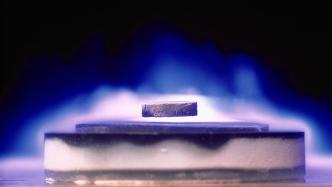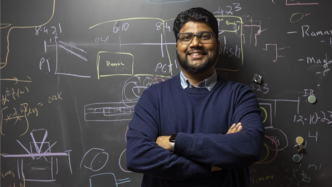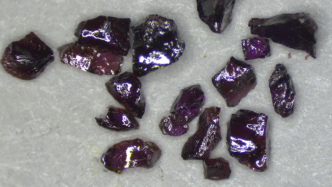
The Korean Society for Superconductivity and Cryogenics issued a press release stating on the 2nd that it will form an expert verification committee to conduct scientific research on the room temperature superconducting material "LK-99" that a South Korean research team claimed to have successfully synthesized recently.
The press release stated that based on two archived papers and public images at this stage, it is difficult to conclude that "LK-99" is a room-temperature superconductor, and further scientific verification is still needed. Therefore, the society decided to set up an expert verification committee to carry out related research. Experiments and theoretical discussions. Members of the Validation Committee are drawn from the Society's members in the fields of physics, materials, electrical and mechanics.
According to the Korean Society for Superconductivity and Cryogenics, South Korea's Sungkyunkwan University, Korea University, and Seoul National University are conducting "LK-99" reproduction experiments. If the "LK-99" research team is willing to provide samples, it will be handed over to Other research institutes re-conducted in-depth assessments.
Cui Kyung-dal, president of the Korean Society for Superconductivity and Low Temperatures, said that if the room-temperature superconductor is verified, it will be an epoch-making research result that will have a huge impact on the field of science and technology. However, this research was made public without academic verification. concerns about social impact.
A South Korean research team published a paper on the preprint website arXiv on July 22, saying that a material they developed named "LK-99" has superconductivity, and the critical temperature of superconductivity is around 127 degrees Celsius. It becomes superconducting under pressure. While the research results of the Korean team have attracted a lot of attention, they have also been questioned by many scholars. Preprint websites are usually open platforms, mainly to facilitate scientific researchers to upload their own research results for peers to quickly share and exchange.


